I know there are people like me out there who want to shop more ethically, more consciously, more sustainably, but don’t really know what to look for. It’s pretty obvious that more and more brands are making ethics a part of their marketing strategy. Buttttt with so much greenwashing out there, it’s sometimes hard to know which brands are sincere and which are full of shit, ya know?! That’s where third-party ethical certifications come in.
We all have different, very nuanced reasons for shopping the way we shop and all reasons are valid. Sometimes we buy from a certain brand because their products work really well. Sometimes it’s because it’s what we’re used to. Often there are budget constraints. Sometimes it’s all we have access to or it’s a convenience thing. I get it!
Listen, I am NOT here to judge, you shop where and how you want to shop. But for those of you who are interested, I’m here to make it easier to put your hard-earned dollars where it matters most. You’ll be surprised how much easier (and cheaper) it is to make ethical, more conscious choices when you know what to look for.
This post is going to answer four questions:
- What's this got to do with ADHD?
- What's an ethical brand?
- What's a third-party certification?
- What are some symbols to look out for?
What's this got to do with ADHD?
Wellllll, that's a much longer post, but in short, shopping ethically whenever possible raises my vibration. With higher vibration comes more clarity, more purpose, more intention, more connectedness to something greater than me.
Often, ADHD means I have a hard time seeing the “big picture.” Staying purposefully connected to the outside world gives me a feeling of accomplishment that carries over into other areas of my life.
But it's not just about me. When I choose brands that have ethical certifications, I'm choosing to support the environment, and epigenetics tells us that my environment plays a huuuge role in my health and wellbeing.
The deeper I get into my spiritual journey, the more I’m realizing how it’s all connected. My self-awareness. My environment. My community. We don’t actually need as much “stuff” as we think we do. We don’t need as many packaged products. Or as much clothing. Or as many toys for our kids. Investing less in stuff, but more in quality and people has made such a tremendous difference in my overall wellbeing and yes, on my ADHD.
Everything carries a vibration with it. The food you eat. The clothes you wear. Your brain. Your heart. Your mood. Having ADHD, mental health struggles, being neurodivergent, or having certain types of trauma — you don’t have to experience any of these things in order to be affected by the environment. It affects us all.
If it still seems totally unrelated and woo-woo, just simmer on it a bit. I'll be back with another post to explain how this all ties in. But for now, let's dive in to ethical certifications and where to find them…
What is an ethical brand?
When it comes to shopping, there are three major categories where consumers have a choice to shop ethically and sustainably: food, clothing, and home products. Ethical brands are those who seek to make an impact rather than just an income. Some ethical brands that come to mind are Patagonia, Athleta, Klean Kanteen, and Beautycounter.
I’m not villainizing large corporations at all, and I don’t think martyrdom is a good business strategy. But there are soooo many brands out there who are doing good in the world that more people need to know about.
Personally, I have more of a connection to those brands because I know my dollar is making a difference, however small. I may not be directly curing cancer or poverty or inequality, but I do have choices that indirectly affect these exact issues.
Sometimes I feel really overwhelmed by all of the choices I have to make as a mom. It’s a shame that it’s come to this, but it’s the reality. Consumers shouldn’t have to do this, but we do have a tremendous amount of power when it comes to shaping the marketplace. So for me, looking for ethical certifications is a way to take out some of that overwhelm. I may not be running for office or marching on Capitol Hill every week demanding stricter regulations, but by choosing certain brands and certifications, I’m making a difference.
What is a third-party certification?
The hard truth:
For the most part, companies are able to regulate themselves. Even when it comes to cosmetics, food, and baby products, brands can make misleading claims like “sustainable,” “plastic free,” “environmentally friendly,” “dermatologist tested,” and even “clean,” without any sort of verification.
Here are some shocking examples: “USDA Organic” is regulated by the FDA in terms of how it is grown, not necessarily how it affects the body. Asbestos is technically organic. The term “natural” is regulated by the FTC which in in charge of business practices, not consumer safety or ethics.
Third party ethical certifications for personal care products, like B Corporation, MADE SAFE, and EWG Verified make it easier to sift through the overwhelming number of options.
Why does this matter?
Safety and ethics go hand in hand. Products that are harmful to health are often also harmful to the environment and vice versa.
160 million children are involved in child labor globally according to the International Labor Organization (ILO). They’re found in mica mines digging up the minerals we use in our cars, makeup, and electronics. They’re found in factories making the fabric and sewing the clothing that makes the fast fashion world go ‘round.
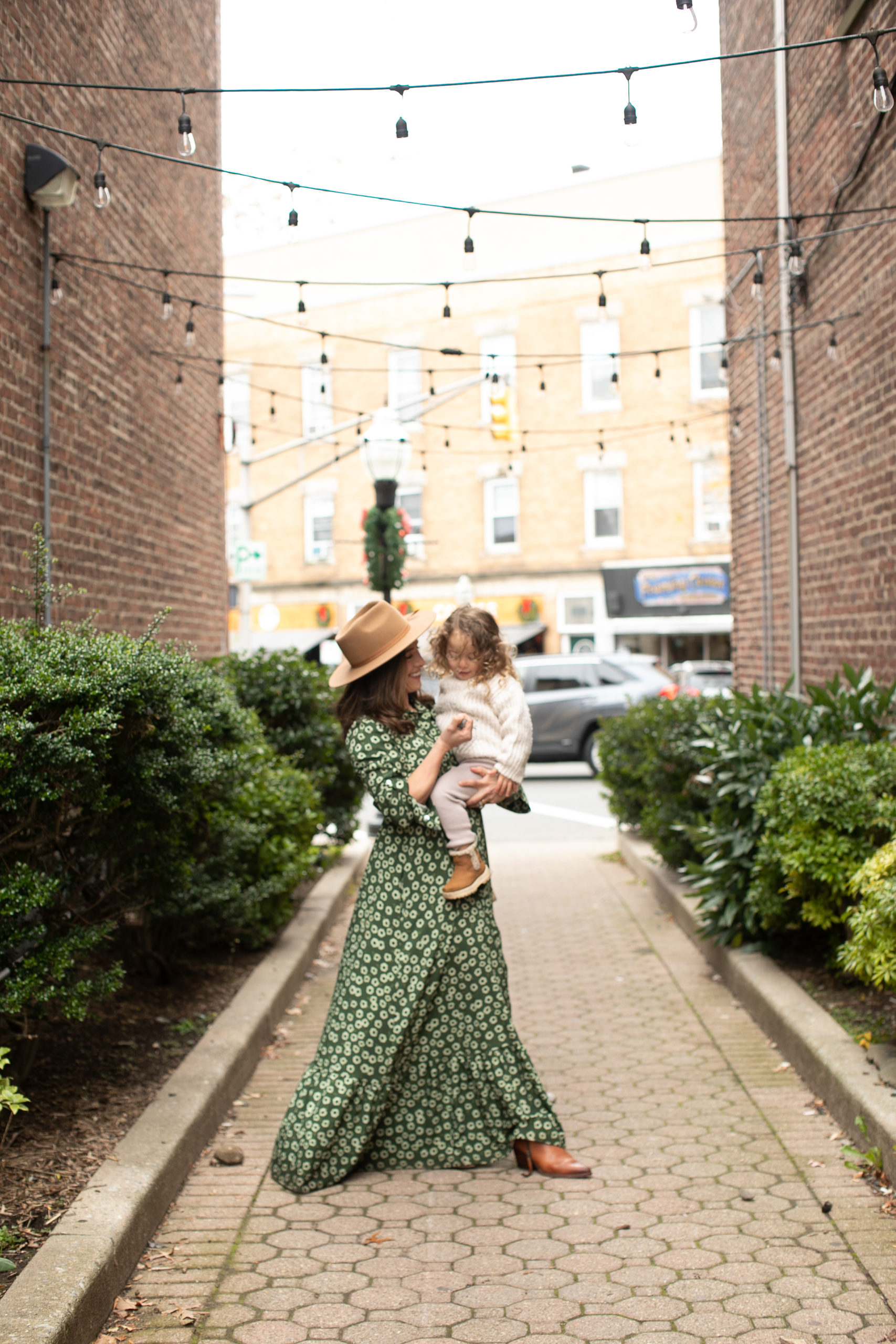
60-80% of the world’s food is grown by women, yet they see little profit. Women in the agricultural communities often don’t have control of the money they earn, don’t own land or crops, don’t have access to education, training or supplies, and are discriminated against when applying for credit (Source).
That’s just the tip of the iceberg. There are outrageous human rights issues involved in growing and sourcing commonly used crops like cotton and vanilla, recycling (aka wishcycling) programs, and our water supply.
As far as safety, it seems kinda crazy, but the last time Congress passed a major federal law regulating cosmetics was 1938. The number of ingredients banned in the US is only 30 (compared to 1,400 in the EU). Currently, only 200 out of the 85,000 chemicals registered for use in the US have ever been tested for safety (Source).
The products we have come to rely on come at the expense of our own health as well as the health and safety of others around the world.
I’m getting to the good news, I promise!
There are a ton of independent organizations whose sole purpose is to audit the safety, quality, ethics, and/or performance of an organization. They then grant certifications to these businesses to help consumers identify companies that align with their values. I use these certifications to help me decide where I want to spend my money (or not). Simple enough, right?
What are the symbols to look out for?
You’ve probably already heard of some of them: USDA Organic, Leaping Bunny certified, Fairtrade. I want to go through the ones that are actually verified and influence my decisions to shop. There are so many brands out there doing good in the world and they deserve a shout out. Plus it makes me feel like I have a little control in this crazy world knowing that I get to support them (and their missions) with my dollar.
There’s a lot of overlap between food, clothing, and home goods, which shows you just how much the supply chain is connected. Vanilla for example is used in our food as well as our cosmetics.
Another thing to note is that even the world of certifications and verifications can be tricky. Some of them don't require annual audits to maintain their status.
A note about small businesses – when it comes to third-party certifications, I don’t expect tiny brands to be fully certified, because it can be an expensive process. But if a brand claims to be sourcing sustainably and ethically, they should have at least one certificate of authenticity to back it up, whether for the products themselves or the supplies/ingredients.
Here are some certifications + distinctions I look out for:
- B Corporation
- USDA Organic
- MADE SAFE®
- GOTS Certified
- Fair Trade Certified™
- Fairtrade
- STANDARD 100 by OEKO-TEX®
- Leaping Bunny Certified
- FSC Certified
- Up in the air: EWG Verified
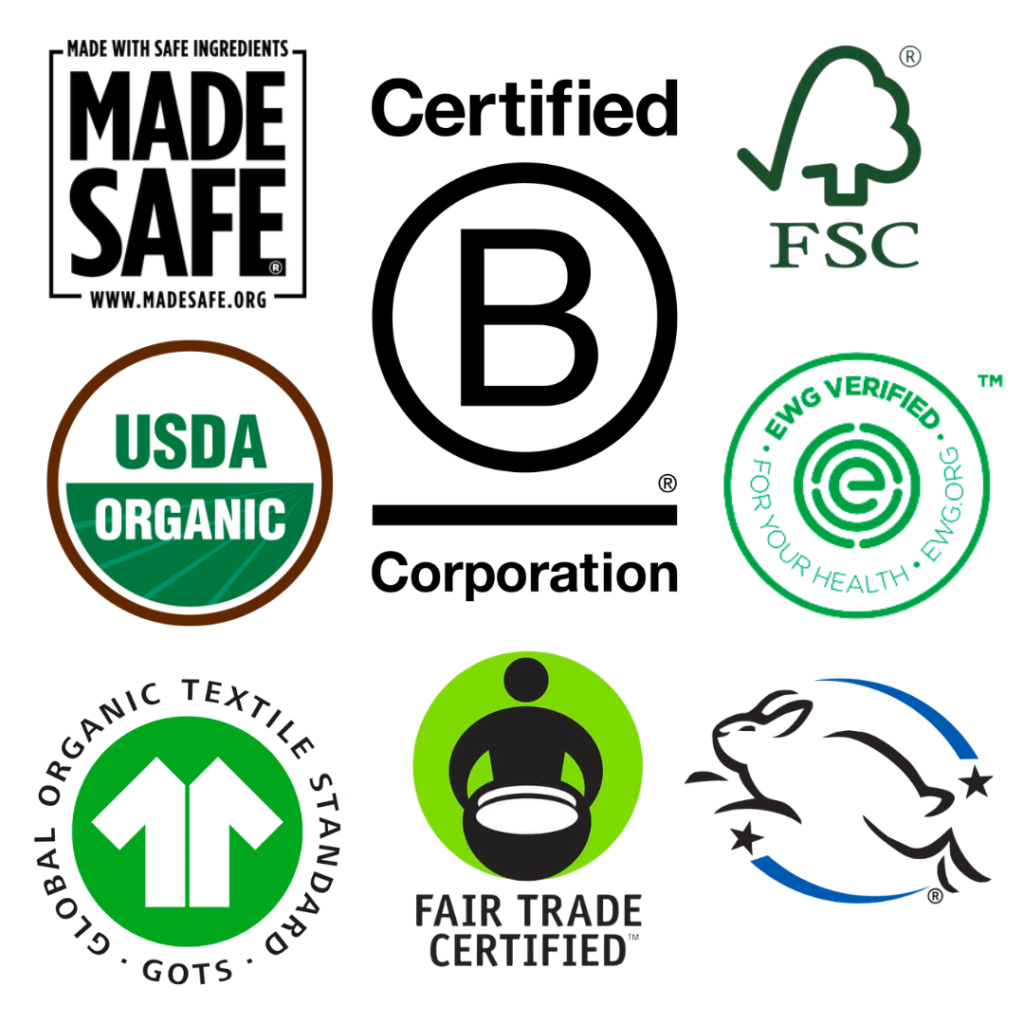
B Corporation
This is my favorite certification and can be found across every sector: food, clothing, media, marketing, finance. B Corporations are companies that have subjected themselves to assessment of their impact in the world: on communities, people, and the environment. It’s an incredibly rigorous and time consuming certification to get which also illustrates their commitment to ethics.
B corps are assessed on over 400 points of impact. Here’s a sample of the questions B Corps are required to answer:
- Governance: What portion of your management is evaluated in writing on their performance with regard to corporate, social, and environmental targets?
- Workers: What % of the company is owned by full-time workers (excluding founders/executives)?
- Community: What % of management is from underrepresented populations? (This includes women, minority/previously excluded populations, people with disabilities, and/or people living in low-income communities.)
- Environment: Does your company monitor and record its universal waste production?
- Customers: How do you verify that your product improves the impact of your client organizations?
It takes hours and hours of documentation and in-person vetting and in many cases it takes years to earn the certification. It also comes at a financial cost to the company, which is based on revenue and can be anywhere from $500-$50,000 a year. Even within the B corp community, there’s an understanding that a brand’s score should improve year after year.
Brands that undergo the B Corp certification process often have to change the way they do things. It’s the only truly rigorous assessment of a company’s citizenship and companies that score high enough are in the minority. I view B Corps as a movement rather than a certification. A B corporation is not just slapping a logo on packaging to lure consumers, but they’re committing to forward progress and collaborative change.
Check out some of my favorite B Corporations below!
USDA Organic
For years I bought organic food and bedding for health reasons. I learned that choosing organic was a way to avoid some of the harmful pesticides and herbicides (like glyphosate) found in conventional crops. But I had no idea that choosing organic was better for farmers and the planet, too.
The USDA Organic certification is given to a farm or business that adopts organic practices. The rules to become certified organic are hundreds of pages long but here’s the gist of it:
- Plants can’t be grown with synthetic pesticides, herbicides, fertilizers, genetic modification, irradiation or sewage sludge (yep, that’s included which means it’s being used in non-organic).
- Animals must be raised exclusively on organic feed, have access to the outdoors, and cannot be given antimicrobial drugs or hormones.
- Producers will be audited to make sure these practices are being followed.
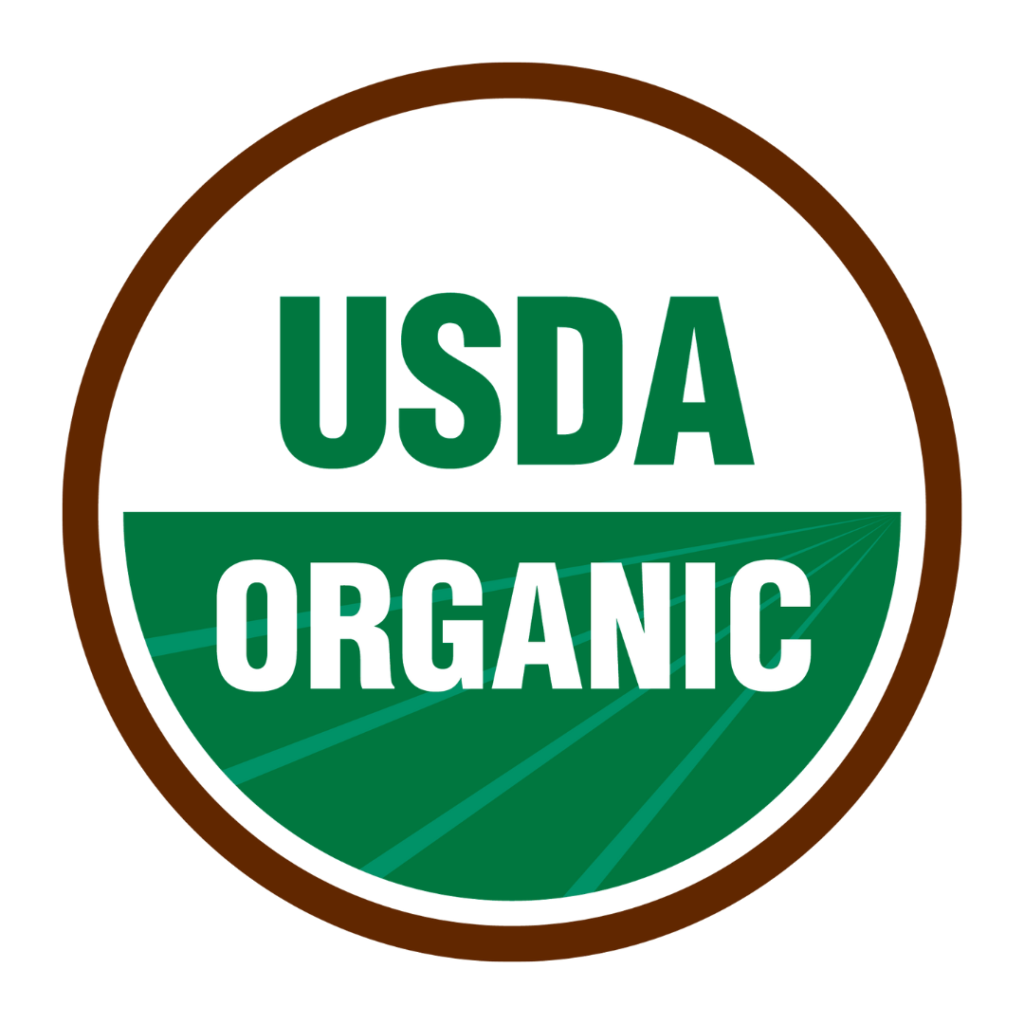
Organic isn’t just about human health, it’s better for the environment. The lack of pesticides and wider variety of plants enhances biodiversity. It results in better soil quality and reduced pollution from fertilizer or pesticide run-off. It’s not a perfect system and there are trade-offs, but it’s better than the alternative.
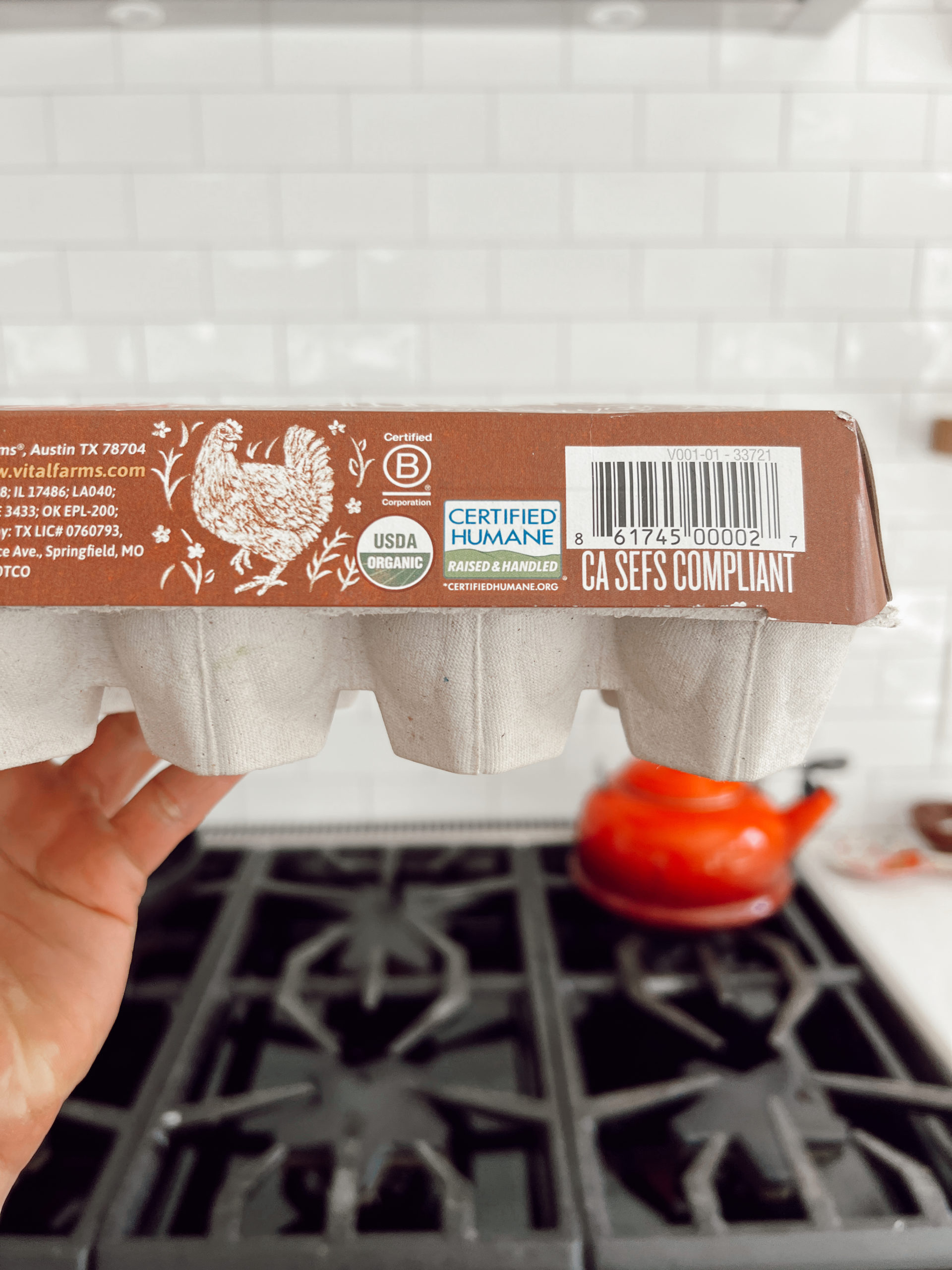
Certified organic farming operations also ensure that farm workers, their families, and their communities are safe from the negative effects of toxic pesticide exposure.
Personally, I don’t give much weight to the Non-GMO Project Verified certification because USDA Organic is always non-GMO, but not the other way around. Meaning, even though a crop isn’t genetically modified, it can still use pesticides and unsustainable farming practices.
MADE SAFE®
MADE SAFE is touted as the first American nontoxic certification for personal care and household products. The thing that stands out here is that this program restricts the use of 6,500+ ingredients.
While this may seem crazy robust, keep in mind that this includes all categories including personal care, cosmetics, textiles, bedding, baby items, household products and more. Basically, there are ultimately way more ingredients on the table to restrict, but it’s a great start nonetheless.
Their team of scientists dissects the molecular makeup of each product before it earns their seal, making sure that neither the product nor its byproducts impact human health.
Check out my favorite MADE SAFE brands here!
GOTS Certified
The Global Organic Textile Standard (GOTS) sets the standard for fabric made from organic fibers. Products that are GOTS certified follow strict environmental and social criteria and must contain a minimum of 70% organic fibers.
GOTS certified also ensures that a product is made the right way – not the easy way – at every single step. This means turning unforgiving supply chains into ones that prioritize the environment and give workers fair rights and wages. GOTS wants to make organic textiles and ethical workplaces the norm.
To guarantee accountability and consistent product assurance, GOTS-approved certifiers carry out independent on-site inspections annually.
Fair Trade Certified™
Similar to GOTS, Fair Trade Certified™ organizations advocate for the rights of workers in communities all over the world.
If a product is Fair Trade Certified™, you know that it’s supporting the rights and the livelihood of the farmers and workers who produced it. Fair Trade Certified brands meet social, economic, and environmental standards agreed upon internationally.
Just a heads up, though: products can be marketed as “fair trade” without having the necessary independent, third-party verification process, so make sure you look for the Fairtrade logo.
I linked some Fair Trade Certified brands I shop from below.
Fairtrade
Another ethical organization that supports farmers and workers as they improve their lives and communities is Fairtrade International, one of most globally recognized ethical label.
Sometimes you'll find companies marketing themselves as “fair trade,” but without any proof as to what they're doing to actually help farmers. The two logos I trust and look for are these:
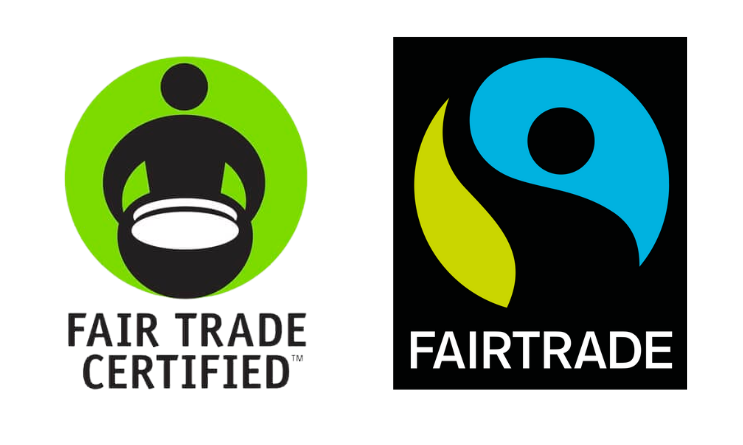
What makes Fairtrade unique is that in order to qualify for the FAIRTRADE label, a company must be 50% producer-owned and promote collective organizing.
Through licensing fees, Fairtrade International provides direct services to producers, including better agricultural practices and better business management. As part of their advocacy efforts, they also partner with governments and businesses to tackle global challenges to improve sustainable production and consumption.
STANDARD 100 by OEKO-TEX®
The STANDARD 100 by OEKO-TEX is a third-party textile certification that tests for harmful substances and makes sure that these textiles are completely safe for human use. This includes finished or raw yarns, woven and knitted fabrics, accessories including buttons and zippers, and garments of all types. The strict criteria is standardized globally, is updated at least once a year and, if necessary, includes any relevant scientific findings or legal requirements.
You can actually find a ton of STANDARD 100 by OEKO-TEX products at Target!
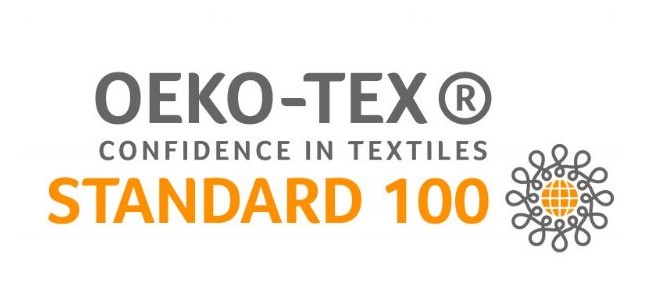
Leaping Bunny Certified
The Leaping Bunny Logo is the only internationally recognized symbol that guarantees no new animal tests were used in the development of any product displaying it. They also have an app for Apple and Android where you can browse for cruelty-free products by name or by category.
While PETA is doing amazing work preventing animal cruelty, The Leaping Bunny's certification is more reliable and their list of certified brands is considerably smaller than PETA's Cruelty Free brands.
PETA only requires written agreement from a company, while Leaping Bunny requires that the company agrees to independent audits. This is a critical piece because it’s the only way an organization can actually confirm if the claims are true.
Look, I’m not saying PETA or the Cruelty Free brands are unethical, but for me, transparency matters so the Leaping Bunny logo holds a bit more weight.
See below for some of my favorite Leaping Bunny certified brands.
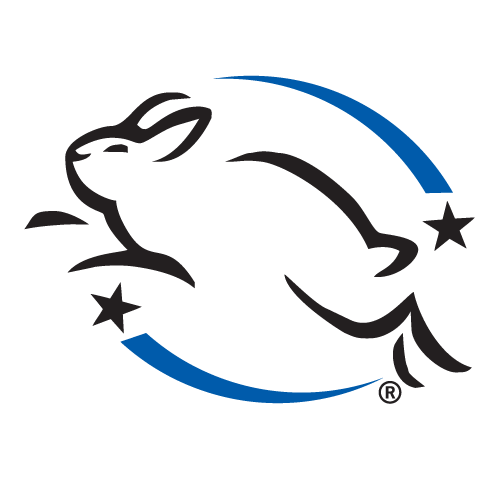
FSC Certified
This is one you may have seen before but had no idea what it meant — now you'll know! The Forest Stewardship Council (FSC) is the global leader in responsible forestry. Whenever you see their logo, you’ll know that the brand upheld rigorous standards in sustainability, social and economic well-being of workers and their surrounding communities, indigenous people’s rights, and legal compliance.
Global ecosystems depend on forests for their health. Forests provide a critical habitat for wildlife, promote clean water, prevent soil erosion, and counteract the effects of climate change by sequestering carbon dioxide from the atmosphere.
They also provide materials that are used in many everyday products – including ones that aren’t so obvious. It’s not just paper and wood products, but also rubber and textiles like lyocell and modal used in a lot of clothing.
The FSC certified symbol can be found on products as well as packaging. There are also different tiers:
- FSC 100%: This means that all wood, paper, and/or other wood-based materials are from FSC-certified forests.
- FSC Recycled: Means all wood, paper and/or other wood-based materials are recycled or reclaimed (re-used).
- FSC Mix: Means all wood, paper and/or other wood-based materials within the product come from FSC-certified material, recycled material, or controlled wood. “Controlled wood” minimizes the risk of using wood products from unacceptable or threatened sources.
I mostly see the FSC logo on packaging or on brand websites. It’s often not obvious which brands use FSC certified materials because materials that come from forests are just a part, not the whole product. But knowing that a brand goes that extra step is a good indicator of their commitment to protecting people and the planet.
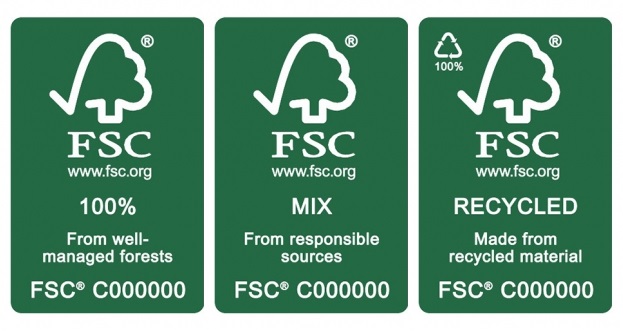
Up in the air: EWG Verified
Okay so here's where I have some heartbreaking news to share. The Environmental Working Group (EWG) is an independent third-party organization founded in 1992 that led some breakthrough research in the areas of agricultural subsidies, toxic chemicals, drinking water pollutants, and corporate accountability.
Their noble mission is to empower you to make informed choices and live a healthy life in a healthy environment — and I think they succeeded in helping people — including me — do just that.
They even have this amazing app that lets you search products by name or by scanning a barcode to find out how the ingredients fare and if it's safe to use or not. Check out this reel I made about how to use EWG.
EWG Verified used to be IT for me, because it meant that the product was manually verified by the organization's researchers.
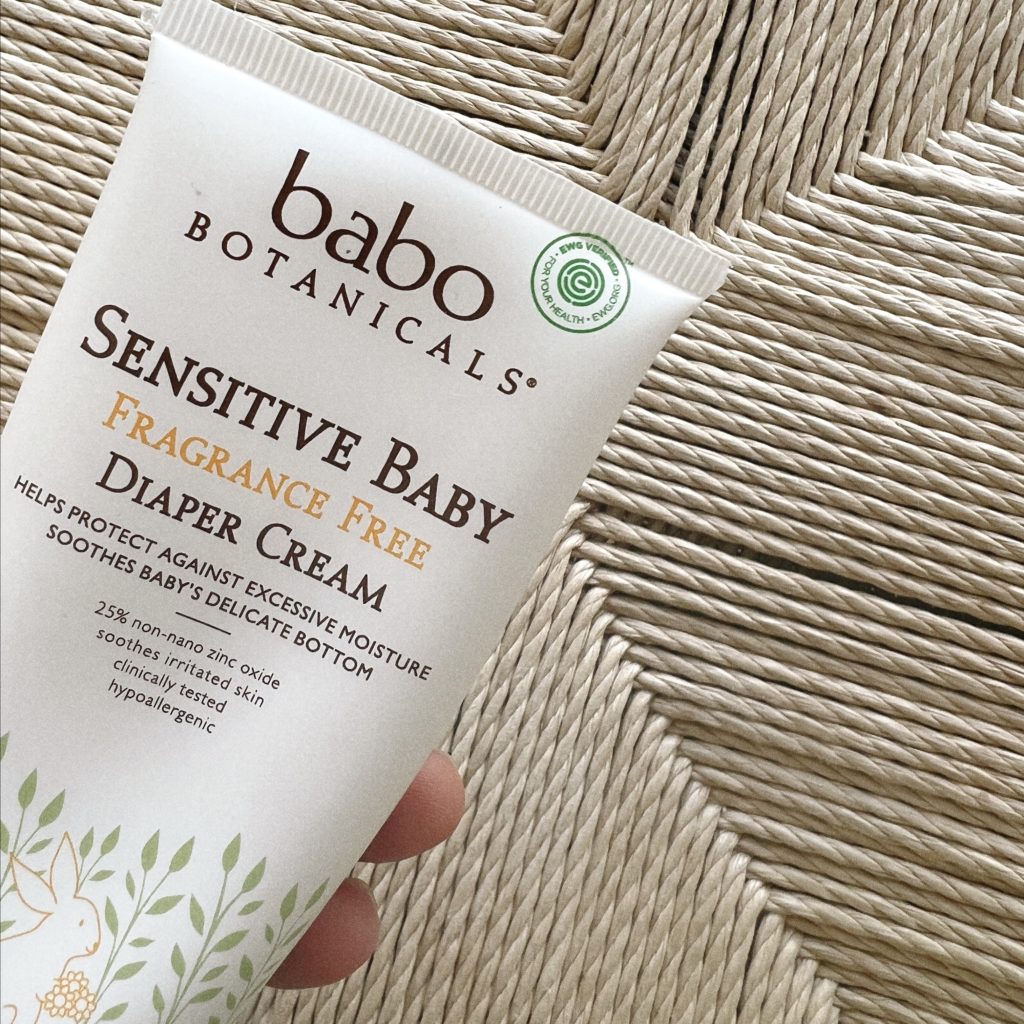
The problem is that lately, it seems there's some inconsistencies with their ratings, as pointed out by @naturalnursemomma on Instagram. It's heartbreaking and infuriating to say the least. I once viewed the EWG as the gold standard for defining what was harmful or not. They even have this amazing app where you can scan a product's barcode to see how it's rated and get more information.
If you also relied on the EWG in the past, but now aren't so sure, I have a workaround. Go the the product’s website and copy the entire list of ingredients, then go to the Cosmetic Analyzer on skincarisma.com and paste the ingredients into the box. The Ingredient Analysis results will give you the EWG rating for each individual ingredient as well as notes on how it affects different skin types.
Granted, it does still use the EWG's rating system, but it also gives you the CIR rating and is at least a starting point to learn what ingredients are questionable. It's not a perfect system, but it's a start! You can also try Think Dirty, another app that gives product ratings and see how it compares to EWG. My hope is that one day consumers won't have to do so much homework!
Some of my favorite brands with ethical certifications:
Beauty + Personal Care
- Beautycounter: B Corp, Leaping Bunny Certified, several EWG Verified Products, FSC certified packaging
- Babo Botanicals: B Corp, EWG Verified, PETA Animal Test Free & Vegan
- Dr. Bronner’s: B Corp, USDA Organic, Fair For Life, OTCA, Non-GMO Project Verified
- Acure: USDA Organic, Leaping Bunny Certified
- Attitude: EWG Verified, ECOLOGO Certified
- Mustela: B Corp
- Ethique: B Corp, Cruelty Free, Certified Palm Oil Free
- Typology: B Corp, PETA certified
- Beauty Kitchen: B Corp, Leaping Bunny Certified (FYI this is a UK based brand, but they do offer – a bit pricey – shipping to the US)
Home
- Boll and Branch: GOTS Certified, Fair Trade Certified
- Naturepedic: MADE SAFE, GOTS Certified
- Avocado Mattress: B Corp, GOTS Certified, GREENGUARD Gold Certified, Climate Neutral Certified, 1% for the Planet, GOLS Standard, MADE SAFE, FSC, Clean Energy Partner Certified
Avocado Mattress has an insanely impressive number of certifications — this level of transparency is what all brands should aspire to
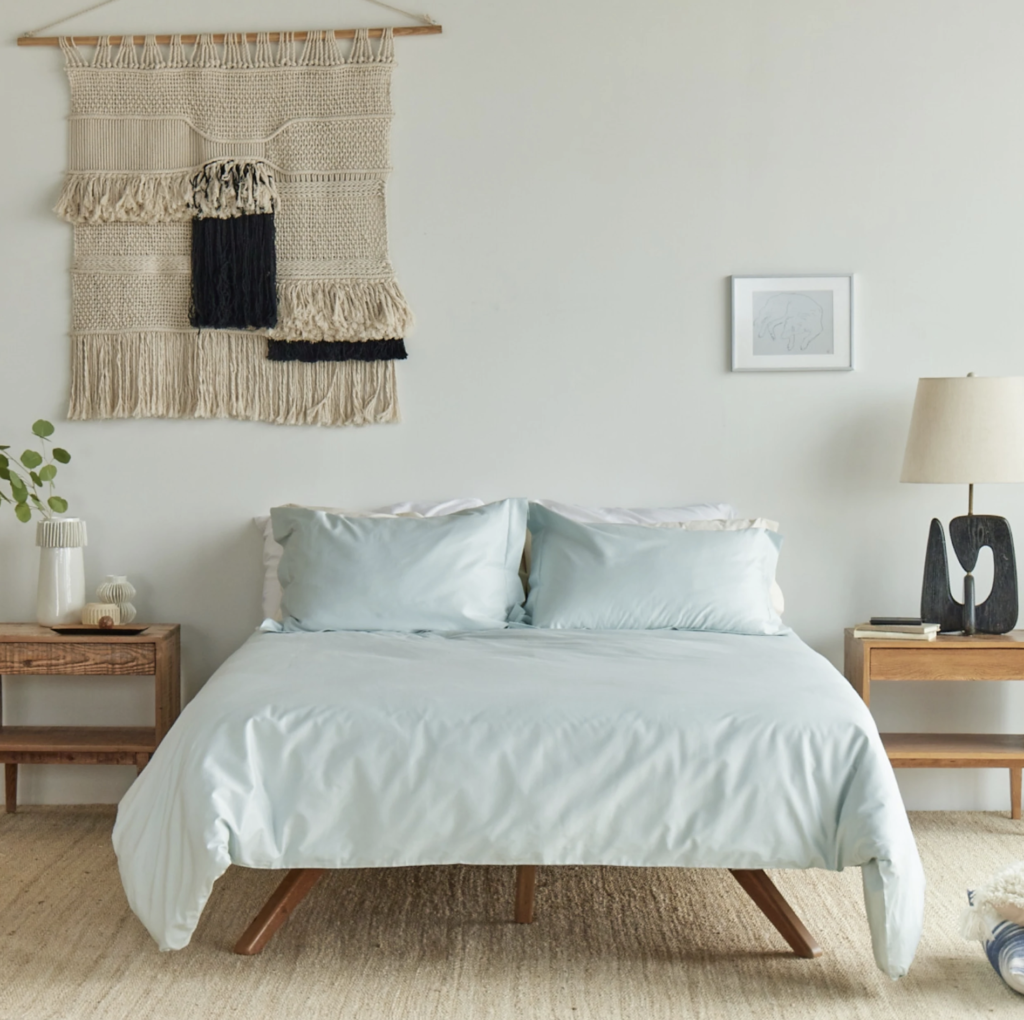
- Fontana Candle Co.: MADE SAFE
- Goodee: B Corp, Black-Owned & Founded
- Uncommon Goods: B Corp
- Leesa: B Corp
Cleaning
- Branch Basics: EWG Verified, MADE SAFE, Leaping Bunny Certified
- Dr. Bronner’s: B Corp, USDA Organic, Fair For Life, OTCA, Non-GMO Project Verified
APPAREL
Sooooo many incredible B Corps in this category!
- Allbirds: B Corp, FSC Certified
- Athleta: B Corp
- Patagonia: B Corp
- Organic Basics: 1% for the Planet member, 100% GOTS certified organic cotton
- REI: uses FSC certified materials
- The Good Tee: B Corp, 100% Fairtrade certified and GOTS certified organic cotton
- Frank + Oak: B Corp
- Nisolo: B Corp
- Outland Denim: B Corp, 2019 B Corp “Best for the World” honoree
- Cotopaxi: B Corp
- Raven + Lily: B Corp
- Laude The Label: B Corp
- Tentree: B Corp, 2021 B Corp “Best for the World” Honoree
- Bombas: B Corp
Food
- Butcher Box: B Corp
- Pukka: B Corp, Organic Soil Association, 1% For the Planet Member, Fair for Life fair trade, FairWild certified
- Stonyfield Organic: B Corp, USDA Organic
- Vital Farms: B Corp, USDA Organic
- Tons and tons of certified brands on Thrive Market and Hive Brands.
Final Thoughts
These are the certs that I personally look out for because of their transparency and accountability at every step in the manufacturing process. It helps me sleep a little better at night knowing that my purchases are supporting brands who care.
Again, some small brands can’t afford certification fees when just starting out, so I also check their status on sites like Good on You, Cruelty-Free Kitty, and Ethical Elephant. I also manually look up ingredients on SkinCarisma.
This is definitely not an exhaustive list, there are lots and lots of others including BCI, WRAP, Ecocert, FSC, but these are the ones I focus on as they’re the gold standard and pretty much cover everything I need to buy.
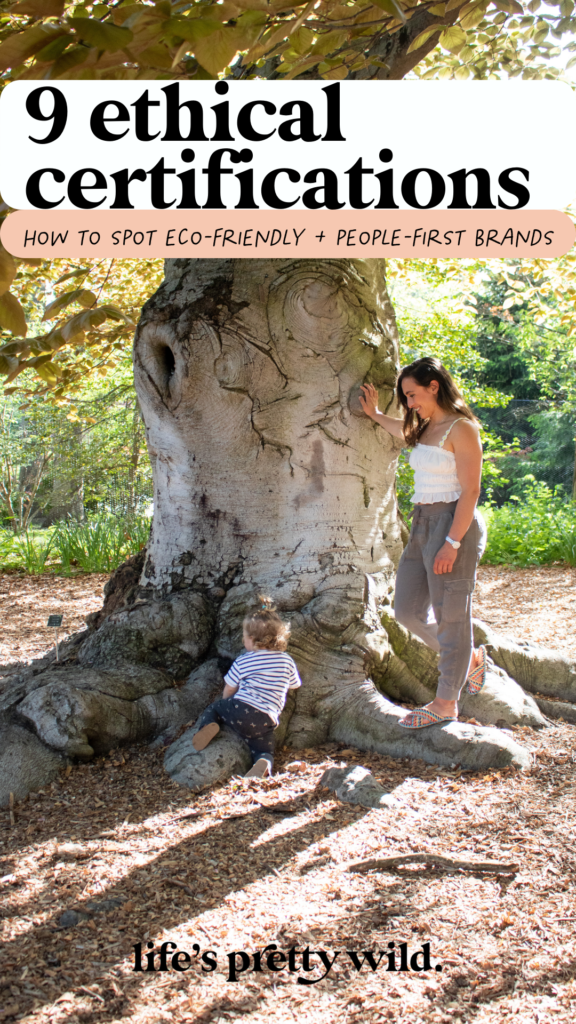
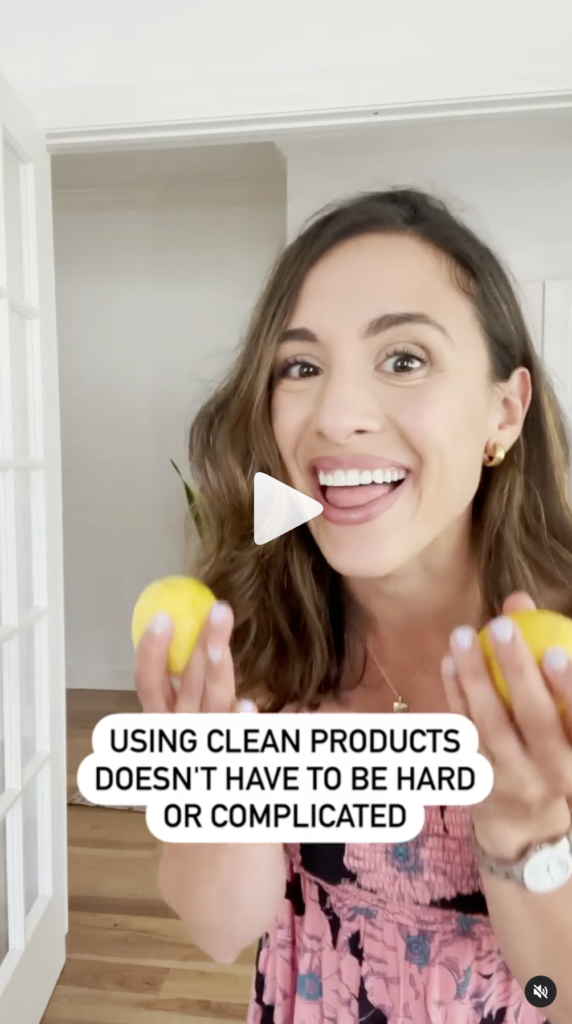
Comments +